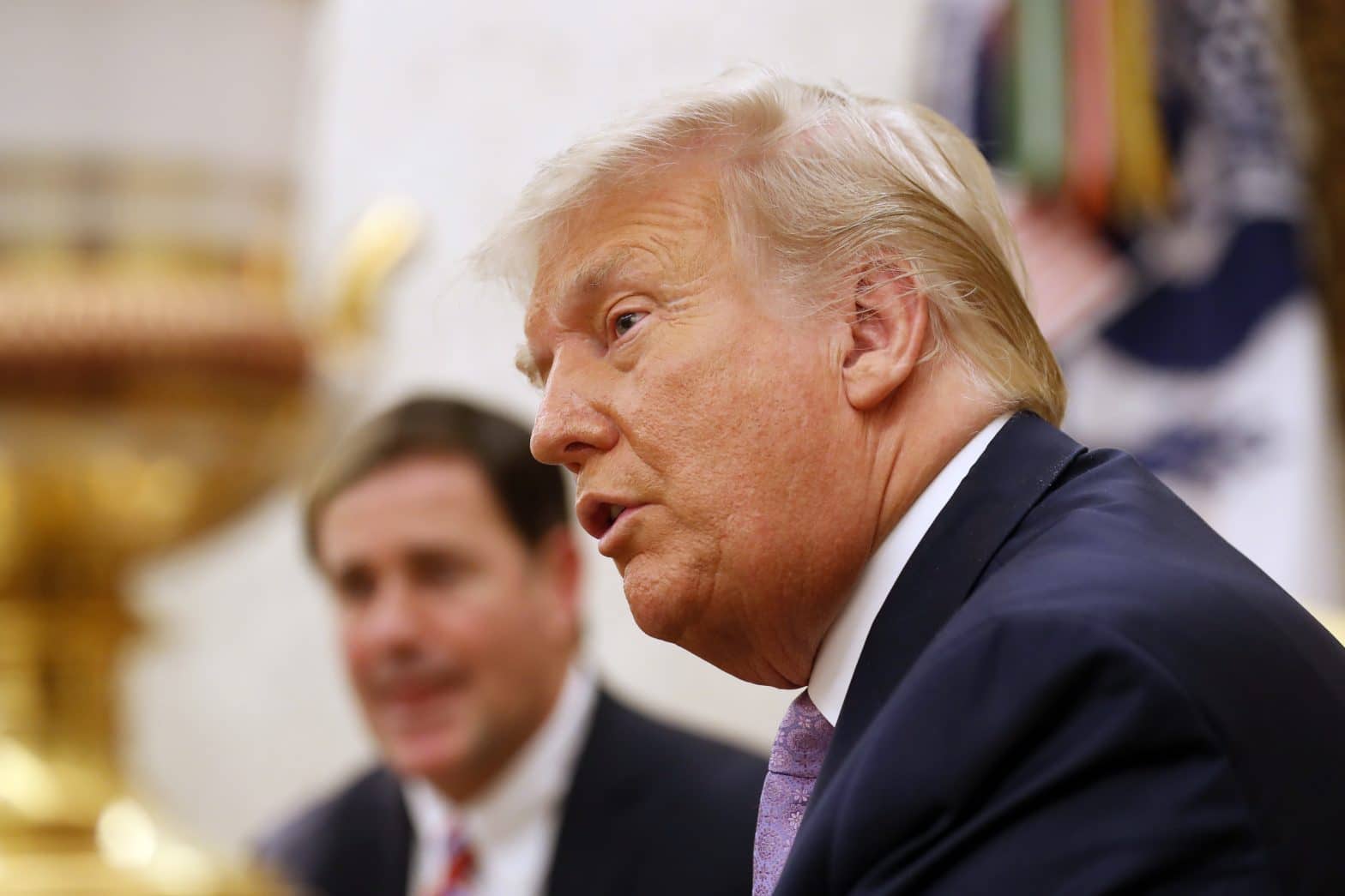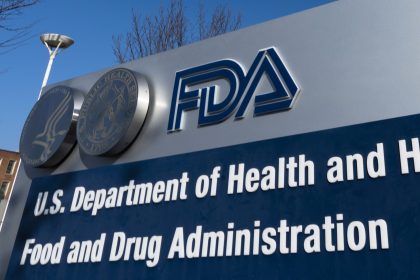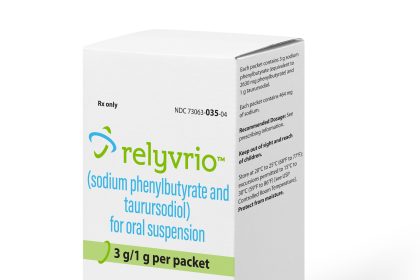Trump to Require Government to Buy American When It Comes to ‘Essential’ Drugs

WASHINGTON – President Donald Trump signed an executive order Thursday requiring the federal government to buy “essential” drugs from U.S. companies, a White House trade advisor said.
“If we’ve learned anything from the China virus pandemic, it is that we are dangerously over-dependent on foreign nations for our essential medicines, for medical supplies like masks, gloves, goggles and medical equipment like ventilators,” Peter Navarro said during a conference call with reporters Thursday morning.
The president is expected to sign the order during a trip to Ohio, during which he is scheduled to deliver remarks on “economic prosperity” in Cleveland, before visiting a Whirlpool Corporation manufacturing plant in Clyde.
The order’s “buy American” provision requires the federal government to develop a list of “essential” medicines, and then requires the Defense Department, the Department of Health and Human Services, and the Department of Veterans Affairs to purchase U.S.-made versions of those drugs.
The World Health Organization already has such a list, but Navarro said more drugs are on that list than the U.S. will ever need.
The White House said the hope is that establishing a “basic level” of demand, will inspire further manufacturing investment in the U.S.
The order will also remove some of the regulations on U.S. pharmaceutical manufacturers and accelerate Food and Drug Administration and Environmental Protection Agency approval of drug manufacturing facilities in a bid to make domestic production easier, Navarro said.
Another component will combat the importation of counterfeit medicines on e-commerce platforms, he said.
“At a time when our nation’s priority should be to beat COVID-19, President Trump today signed yet another executive order that creates even more barriers to ongoing biopharmaceutical manufacturing and innovation,” said Stephen J. Ubl, president and CEO of PhRMA, which represents the country’s leading biopharmaceutical researchers and biotechnology companies.
“Companies are working around the clock to research and develop treatments and a vaccine for COVID-19. At the same time, they are working to ensure they have the capacity to manufacture the treatments and vaccines once approved so that every patient that needs them has access to them,” Ubl continued. “These efforts are all hands on deck for the biopharmaceutical industry but each executive order issued by the administration adds another roadblock, making it harder to fight this pandemic.”
The order comes as the U.S. continues to be in the grips of the coronavirus, which has infected nearly 5 million Americans and killed at least 158,268, according to Johns Hopkins University.
Early on in the outbreak, the federal government warned consumers of disruptions in the medical supply chain because so many products were made in China and elsewhere, and for a time there were dramatic shortages of some medicines, key medicine ingredients, face masks, and gloves.
Now, the administration is becoming the problem, PhRMA’s Ubl said.
“The administration is forcing biopharmaceutical companies to shift their critical attention and resources away from COVID-19 work to focus on making substantial changes to their business models necessary to comply with this and other recent executive orders,” he said. “Increasing U.S. manufacturing of medicines is a laudable goal, but it cannot happen overnight and should not come at the expense of medical innovation or Americans’ access to the medicines they need.
“The recent executive orders also contradict and undermine each other, creating chaos in an industry that is on the frontlines of fighting COVID-19,” Ubl continued. “With today’s ‘Buy American’ executive order, the administration effectively is taking the unprecedented step of mandating manufacturing of medicines in the United States. Yet at the same time, through the ‘most favored nation’ executive order, the administration is creating a huge disincentive to invest in U.S. biopharmaceutical research and manufacturing.
“Together, the result is less investment in U.S. innovation and the potential for major long-term supply chain disruptions – the opposite of what America needs right now. None of these executive orders will help patients access or afford their medicines,” he said.
“The ‘Buy American’ executive order could disrupt the global pharmaceutical supply chain, jeopardizing our ability to respond to the current crisis and potentially leading to major long-term supply chain disruptions, including shortages. Rather than government mandates, we should look for policies that enable more domestic manufacturing without putting the stability of pharmaceutical supply chains at risk,” Ubl concluded.























